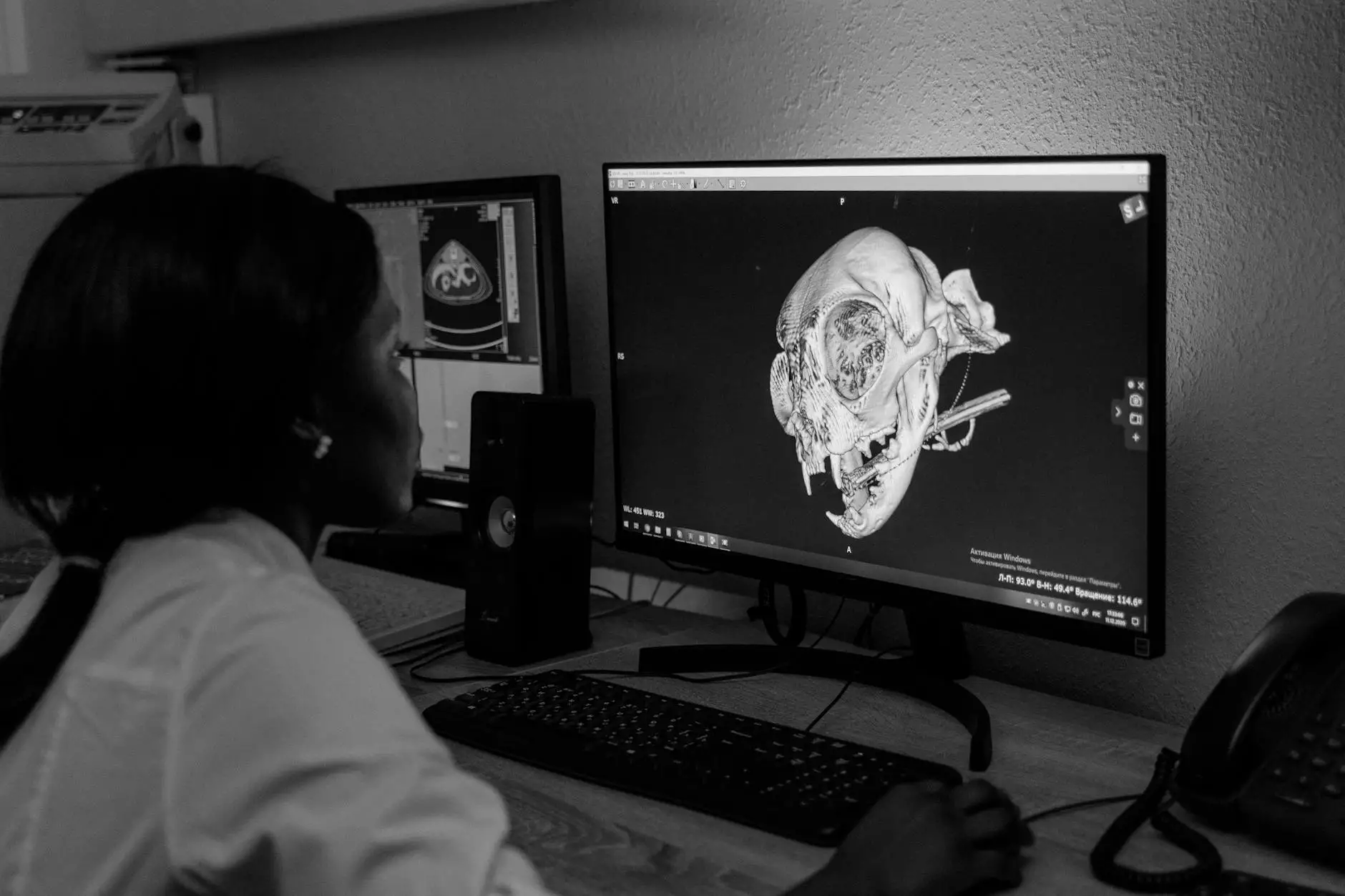The Significance of Education and Medical Centers for Businesses

In today's fast-paced world, businesses thrive on innovation, adaptability, and continuous learning. One of the key factors contributing to the success of a business is the availability of quality education and reliable medical centers. These establishments play a vital role in establishing a robust foundation for businesses, fostering growth, and ensuring employee well-being. In this article, we explore the importance of education and medical centers in the realm of business and how they contribute to the overall success of organizations.
Education: Empowering Businesses with Knowledge
Education serves as a catalyst for economic development and innovation. It equips individuals with the skills, knowledge, and expertise needed to build successful businesses. By investing in education, businesses can expect a plethora of benefits:
- Developing a skilled workforce: Education institutions provide specialized training programs and courses that nurture talent and develop a skilled workforce. Trained employees are more likely to bring innovative ideas to the table, contributing to business growth.
- Promoting creativity and innovation: Education encourages critical thinking, problem-solving, and creativity. Businesses that support and collaborate with educational institutions often draw upon the creativity and fresh ideas of students and researchers. This fosters innovation and a competitive edge, assisting businesses in staying ahead in the market.
- Ensuring continuous professional development: Education doesn't end after earning a degree. It is an ongoing process that enables professionals to stay up-to-date with technological advancements, industry trends, and best practices. By fostering a culture of learning within their workforce, businesses can maintain a competitive advantage in an ever-evolving landscape.
- Promoting entrepreneurship: Education instills an entrepreneurial spirit, empowering individuals to start their own businesses. With a well-educated population, businesses can thrive in an environment that encourages creativity and risk-taking, leading to economic growth.
Medical Centers: A Healthy Workforce, A Healthy Business
A healthy workforce is crucial to the success of any business. By providing access to quality medical care, businesses can ensure the well-being of their employees, leading to numerous advantages:
- Improved productivity: When employees have access to reliable medical centers, they are more likely to receive timely healthcare and preventive services. This leads to lower absenteeism rates and increased productivity, as employees can focus on their work without the burden of untreated illnesses.
- Enhanced employee morale and loyalty: Businesses that prioritize the health and well-being of their employees create a positive work environment. This fosters trust, loyalty, and higher morale, resulting in reduced turnover rates and increased employee satisfaction.
- Lower healthcare costs: Proactive healthcare through medical centers helps identify potential health risks early, allowing for prompt intervention. This can significantly reduce long-term treatment costs, benefitting both the employees and the business.
- Improved corporate image: Businesses that demonstrate their commitment to employee health and well-being establish a strong corporate image. This can attract top talent, enhance customer loyalty, and differentiate the organization from its competitors.
The Synergy: Education and Medical Centers
When education and medical centers collaborate, businesses reap the benefits of a comprehensive ecosystem that supports growth, innovation, and well-being. The synergy between these two sectors can be seen in various ways:
Research and Development: Educational institutions often engage in research and development initiatives in collaboration with medical centers. This collaboration leads to groundbreaking discoveries, advancements in medical science, and technological innovations that directly benefit businesses and the society at large.
Healthcare Training Programs: Educational institutions offer healthcare-related programs, enabling aspiring healthcare professionals to acquire the necessary knowledge and skills. Through partnerships with medical centers, students receive practical, hands-on training and exposure to real-world healthcare scenarios, ensuring they are well-prepared to contribute to the industry upon graduation.
Continuing Education Opportunities: Medical centers frequently offer continuing education programs to healthcare professionals. These programs keep healthcare workers updated with the latest research, medical advancements, and best practices. By partnering with educational institutions, medical centers facilitate these opportunities, resulting in a highly skilled and knowledgeable workforce.
Conclusion
Education and medical centers play a pivotal role in nurturing businesses and ensuring their long-term success. The importance of education in developing a skilled, innovative workforce cannot be overstated. Reliable medical centers, on the other hand, safeguard employee well-being, leading to enhanced productivity and a positive corporate image.
By prioritizing investments in education and medical facilities, businesses can create a conducive environment for growth, foster innovation, attract top talent, and enhance employee satisfaction. Embracing the synergy between education and medical centers is not only beneficial for individual businesses but also for the broader community and society as a whole.
fly simple past








